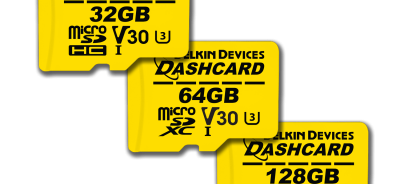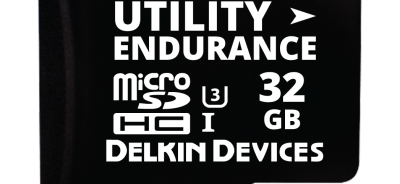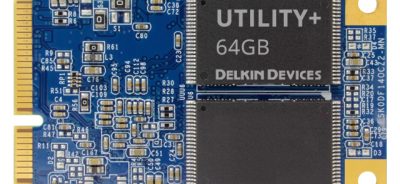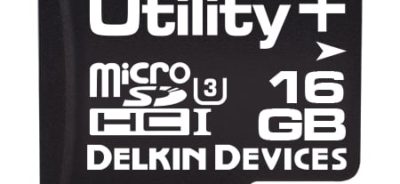Essential Facts about SMART SSD
Solid state drives (SSDs) deliver the high performance and high capacity that OEMs need in their data storage solutions, but they’re also capable of much more. Some SSDs come equipped with SMART technology. If it’s been a while since you last dealt with SMART data, here’s a quick primer on SMART SSD solutions.
A Quick Explanation of SMART Data
SMART is an acronym for Self-Monitoring, Analysis, and Reporting Technology. In other words, a SMART SSD has the ability to analyze itself and report on its own status. SMART is an open standard that is also used by hard disk drives (HDDs) and eMMC drives. However, SMART isn’t automatically included in all drives. When SMART data is a must-have, OEMs need to look for solid state drives that are specifically designed to include this capability.
The Purpose of SMART Data
For OEMs and manufacturers, reliability is always a crucial consideration, as end users expect it of their devices. SMART-equipped solid state drives provide an extra layer of reliability. This technology scans the drive at intervals to assess its health. This allows the SMART function to determine when a drive is in good shape and when it is at risk of imminent failure. It can even alert users if a drive is beginning to deteriorate and may need to be replaced sometime down the road. The specific issues that SMART looks for when evaluating a solid state drive include wear leveling, correction errors, and spare block count.
The Benefits of SMART SSDs
Drive failure can be a nuisance at best and a catastrophe at worst. With SMART data alerts, drives can be backed up and replaced before the failure occurs. This is unquestionably beneficial for industrial users, particularly when sensitive data is on the line. Today, SMART SSD technology is in use across a spectrum of industries, including healthcare, transportation, military, aerospace, and communications.
The Evolution of SMART SSDs
SMART has its roots in the early 1990s, when IBM introduced an early hard drive disk monitoring technology. It was called Predictive Failure Analysis, and it offered a binary result: either the device was okay or the drive was likely to fail soon. Later, other manufacturers developed IntelliSafe, which measured drive health based on a number of parameters. SMART was first introduced in 2004.
Delkin offers several data storage designs that are SMART-enabled. These include the Industrial SLC 2.5” SSD, our Utility+ Commercial MLC 2.5” SATA III SSD, and the Industrial M.2 SSD. Our expert team is always happy to answer inquiries and help you find the right storage for your application.
 Login
Login Register
Register












